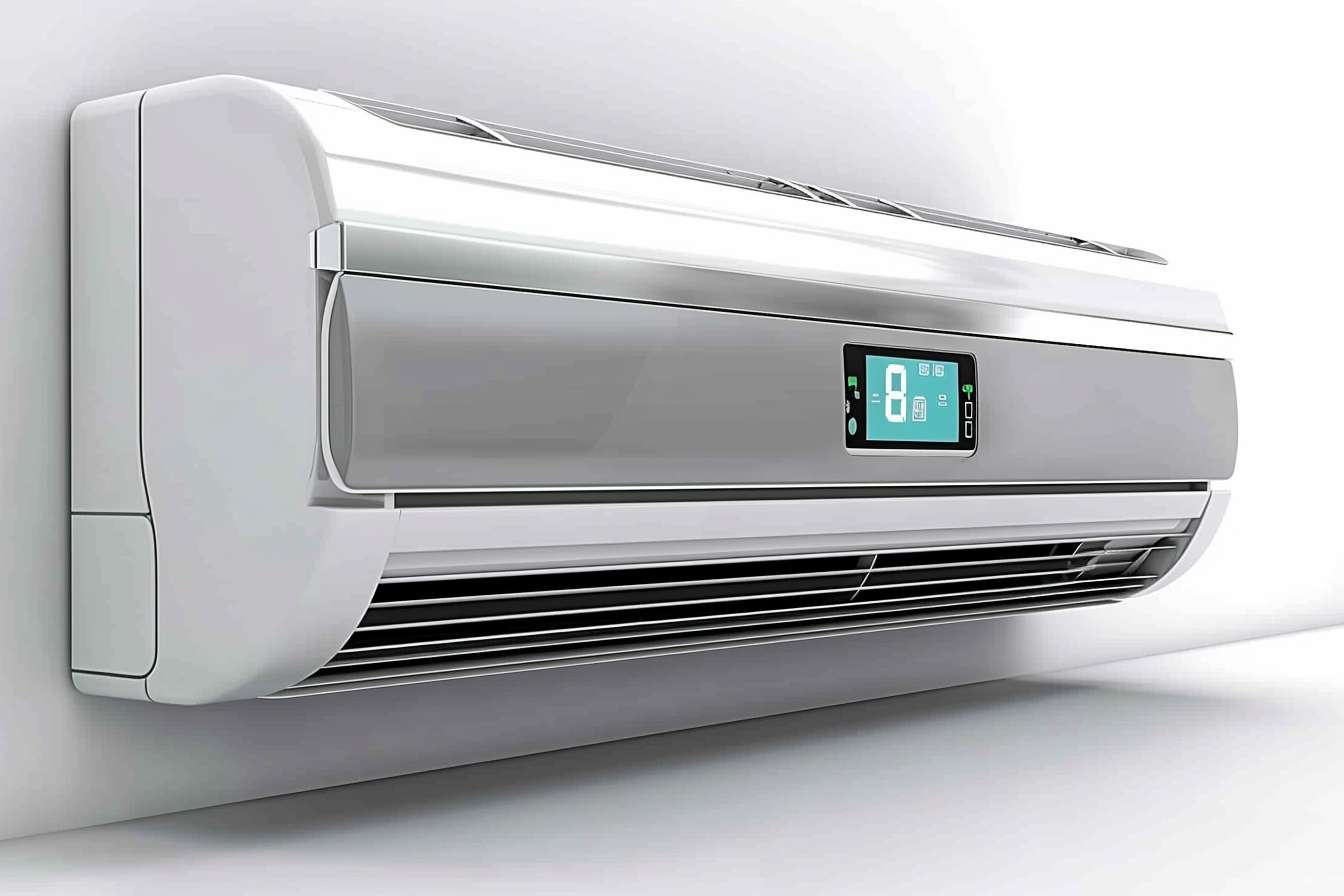The Ultimate Heat Pump Guide: Why Modern Heat Pumps are so efficient?
Heat pumps have revolutionized home heating and cooling, offering an energy-efficient alternative to traditional HVAC systems. As we delve into this comprehensive heat pump guide, we'll explore why modern heat pumps are increasingly becoming the best choice for homeowners across Canada. From their eco-friendly operation to their year-round functionality, heat pumps are transforming the way we think about climate control in our homes.

What exactly is a heat pump and how does it work?
A heat pump is a versatile heating and cooling system that transfers heat from one place to another. Unlike conventional systems that generate heat, heat pumps move existing heat from the outdoors to the indoors during winter and reverse the process in summer. This innovative technology relies on a refrigerant cycle, compressor, and heat exchangers to efficiently regulate indoor temperatures year-round.
Why are modern heat pumps considered more efficient?
Modern heat pumps are celebrated for their exceptional efficiency due to several key factors. Firstly, they consume less energy compared to traditional heating and cooling systems because they transfer heat rather than generate it. Advanced compressor technology and variable-speed motors allow heat pumps to adjust their output based on demand, further enhancing efficiency. Additionally, improvements in refrigerant formulas and heat exchanger designs have significantly boosted performance, enabling heat pumps to operate effectively even in extreme temperatures.
What types of heat pumps are available for Canadian homes?
Canadian homeowners have several options when it comes to heat pump systems:
-
Air-source heat pumps: These are the most common type, extracting heat from outdoor air and transferring it indoors.
-
Ground-source (geothermal) heat pumps: These systems use the constant temperature of the earth to heat and cool homes, offering high efficiency but requiring more extensive installation.
-
Ductless mini-split heat pumps: Ideal for homes without ductwork, these systems consist of an outdoor unit and one or more indoor air handlers.
-
Hybrid heat pumps: These combine a heat pump with a backup heating system, ensuring comfort in extremely cold temperatures.
Each type has its advantages, and the best choice depends on factors such as climate, home size, and existing infrastructure.
What are the environmental benefits of choosing a heat pump?
Heat pumps offer significant environmental advantages over conventional HVAC systems. By using electricity to move heat rather than burning fossil fuels, they substantially reduce greenhouse gas emissions. This is particularly impactful in Canada, where a large portion of electricity comes from renewable sources. Heat pumps also have a lower carbon footprint throughout their lifecycle, as they require less maintenance and have longer lifespans than traditional systems. Furthermore, modern heat pumps use environmentally friendly refrigerants with lower global warming potential, aligning with Canada’s climate action goals.
How much can you save with a heat pump and what are the installation costs?
The potential savings from installing a heat pump can be substantial, but they vary depending on factors such as local energy prices, climate, and the efficiency of the existing heating system. On average, homeowners can expect to save 30-60% on their heating costs compared to electric baseboard heaters or oil furnaces. While the initial installation costs are higher than traditional systems, the long-term energy savings often offset this investment.
| Heat Pump Type | Average Installation Cost | Estimated Annual Savings |
|---|---|---|
| Air-Source | $3,000 - $8,000 | $300 - $900 |
| Ground-Source | $20,000 - $40,000 | $1,000 - $2,500 |
| Ductless Mini-Split | $3,000 - $10,000 | $300 - $1,000 |
| Hybrid System | $5,000 - $15,000 | $400 - $1,200 |
Prices, rates, or cost estimates mentioned in this article are based on the latest available information but may change over time. Independent research is advised before making financial decisions.
What factors should be considered when choosing a heat pump for a Canadian home?
When selecting a heat pump for a Canadian home, several crucial factors come into play. Climate is paramount; choose a system rated for your region’s temperature extremes. Home size and insulation quality affect the required capacity. Existing ductwork (or lack thereof) influences the type of system that’s most suitable. Energy efficiency ratings, such as SEER for cooling and HSPF for heating, should be considered to maximize long-term savings. Additionally, look for systems with smart controls and zoning capabilities to enhance comfort and efficiency. Lastly, consider the availability of local qualified installers and ongoing maintenance support to ensure optimal performance throughout the heat pump’s lifespan.
In conclusion, modern heat pumps represent a significant leap forward in home climate control technology. Their exceptional efficiency, environmental benefits, and versatility make them an attractive option for Canadian homeowners looking to reduce energy costs and carbon footprints. While the initial investment may be higher than traditional systems, the long-term savings and comfort improvements often justify the cost. As technology continues to advance, heat pumps are poised to play an increasingly important role in sustainable home heating and cooling solutions across Canada.




